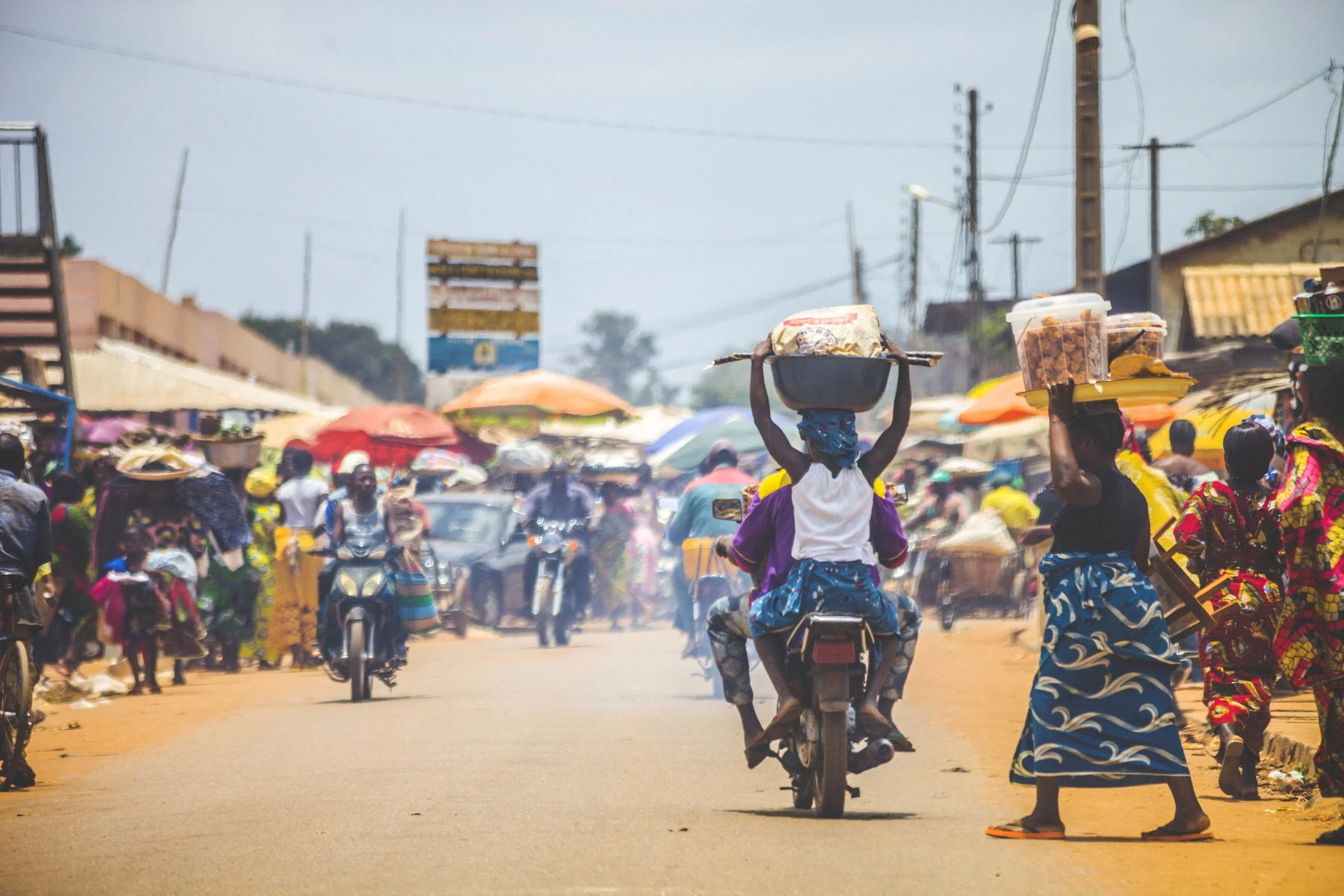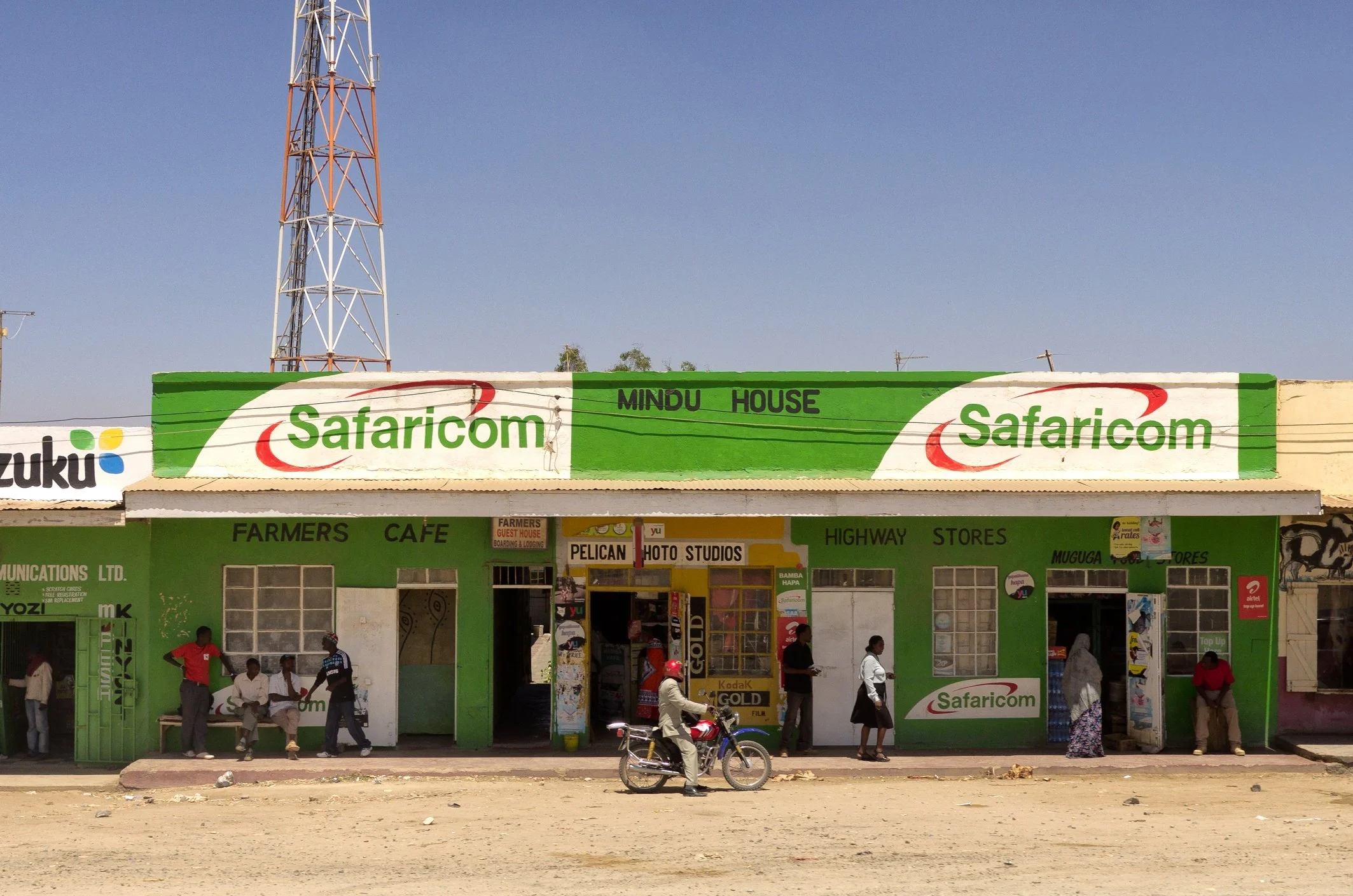GSMA
The Privacy Paradox: researching data protection law in
Sub-Saharan Africa
Overcoming literacy barriers to tackle technical subject matter, debunk myths, and build a framework for engaging with digital rights and privacy in Ghana, Rwanda, Zambia and Mozambique.
Challenge
Global telecoms trade body, the GSMA, asked us to explore:
How do legal frameworks around data protection impact trust in institutions, and willingness to engage with digital services in developing markets?
This required us to tackle technical, complex subject matter with diverse audiences and language groups, including those with low digital and written literacy.
Privacy is also a topic where claimed attitudes do not match actual behaviour: we all know privacy is important, but who actually reads the Terms and Conditions?
Approach
A hybrid methodology incorporating expert & academic interviews, end-user groups & interviews, and a quantitative survey.
With such a nuanced and complex topic, we knew that a qualitative approach would be central. However, we also needed to make robust comparisons between markets with different legal frameworks in place.
We anchored our questioning around real-world behaviours, rather than abstract concepts: using social media, or accessing other services, rather than “sharing your data”.
This showed us that while many people claim to be security-conscious, most are freely sharing their information day-to-day – as long as there is something in it for them.
Impact
This research was published by the GSMA and has gone on to inform the way they engage with policymakers and mobile network operators across the region.
The impact of data protection law on attitudes is subtle: the vast majority simply do not know enough about these laws.
And the relationship between legal protection, digital literacy and trust is paradoxical. The least digitally savvy were in markets with weak legal frameworks, and yet were often the most trusting; while the most digitally informed and best protected were typically the most cautious and cynical.
“When I signed up to Facebook, I agreed to a lot of things without really knowing what they were. Now I don’t know who can access my data. But what can I do – I want to use Facebook, and this is what it takes.”






